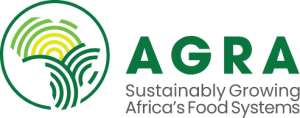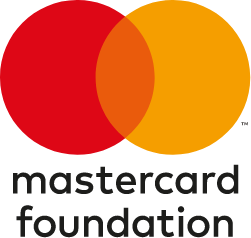
Lilongwe University of Agriculture and Natural Resources (LUANAR) is a public university that was established in 2011 to focus on Agriculture, Natural resources, food sciences and rural development.
In the YEFFA program, LUANAR runs the Youth SME business incubation program. This multi-level innovative intervention on many fronts challenges the current misconception by the youth
“The primary production sector (agriculture and natural resources) is characterised by drudgery, minimal financial returns and therefore meant for the least educated in society”
The YEFFA program in LUNAR addresses meaningfully the agricultural profitability issue, as well as the issue of the long-term nature of natural resource-based investments, mitigating the land tenure constraint and that of youth access to financial services.
The program aims to train and mentor 15,000 young agripreneurs across Malawi, equipping them with the skills and resources necessary to establish sustainable agricultural enterprises. The initiative, supported by the National Youth Council of Malawi (NYCOM), draws participants from a diverse array of rural and peri-urban communities.
The program provides training and mentorship to 50 young participants with an acute focusing on critical areas such as business management, financial literacy, market access, and innovation.
Among its participants is Sarah Gunya, founder of Dalitso Farm. Her enterprise focuses on enhancing the economic value of orange-flesh sweet potatoes into nutrient-rich porridge flour, targeted for schools and local consumers.

“Joining YEFFA was about building networks,” Ms. Gunya said. “Capital alone isn’t enough; without connections, progress stalls. Through the program, I’ve already secured partnerships with two schools interested in purchasing my porridge flour”
Taonga Nyirenda is yet another innovator in the program. Through her agritech startup, Seedbeans, Taonga can convert organic waste into protein-rich livestock feed and organic fertiliser using black soldier fly technology.
“We’ve achieved a 30% increase inproduction and a 40% reduction in costs,” Mrs. Nyirenda stated. Despite these gains, he acknowledges the need to upscale. “To scale effectively, I require business management training, as well as improved access to capital and networks. That’s precisely why I joined YEFFA.”

To ensure the financial sustainability of these emerging enterprises, YEFFA has established a $300,000 revolving fund to support at least 300 startups.
Dr. Chiumia, a program spokesperson. “Through our partnership with NBS Bank, part of the NICO Group, we are creating a financial framework to promote long-term growth and stability for these businesses.”
YEFFA program at LUANAR has an important role to play in preparing the youth for tomorrow’s employment landscape, and to do this, their graduates need to have the skills required to become job creators rather than job seekers.





